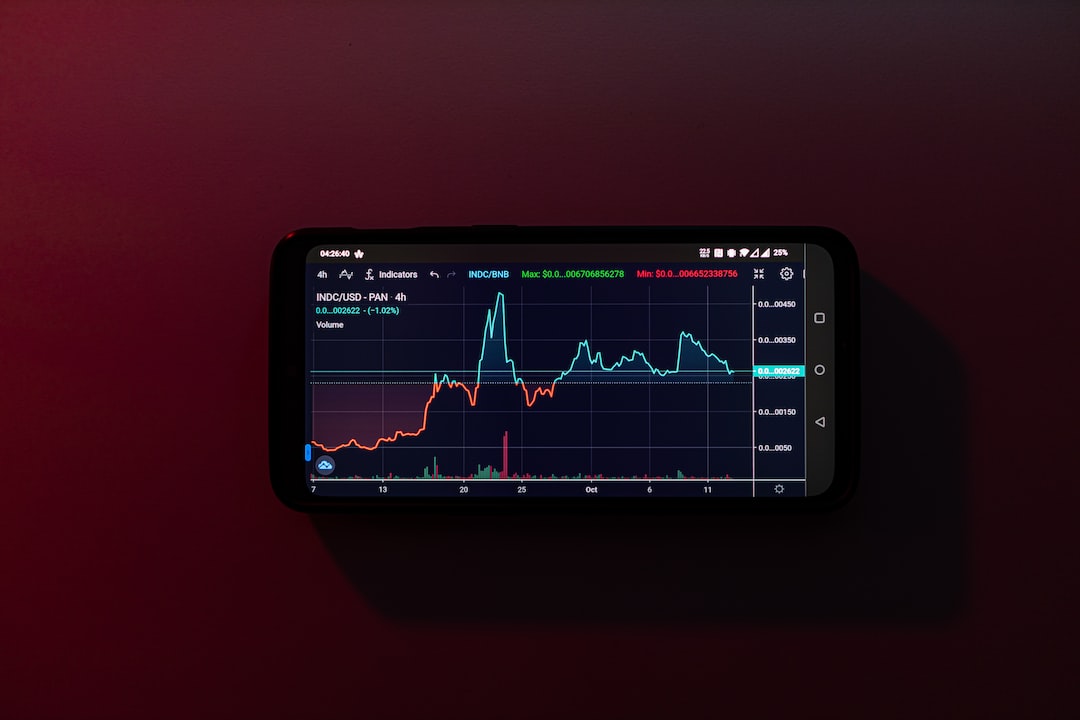The Polish Regulator’s Potential Inquiry into OpenAI
The Polish Supervisory Authority (UODO) is considering launching an inquiry into OpenAI, the creator of ChatGPT. This decision follows a citizen’s claim that the tool generated false information about them, raising concerns about how OpenAI’s algorithm handles personal data.
The complainant alleges that ChatGPT used data from 2021, obtained outside of EU privacy laws, to generate inaccurate output. Additionally, the tool did not disclose the source of the data, prompting further scrutiny of OpenAI’s data processing methods.
Questions Raised and Unsatisfactory Answers
OpenAI’s responses to these questions have been deemed unsatisfactory. In response to the complaint, Jakub Groszowski, UODO’s Deputy President, affirmed the citizen’s right to recourse and emphasized the responsibility of data privacy watchdogs.
“The development of new technologies must respect the rights of individuals under GDPR. European personal data protection authorities have a duty to protect European citizens from the negative effects of information processing technology.”
Groszowski expressed doubts about whether OpenAI adhered to GDPR’s core principle of “privacy by design.” As a result, UODO intends to seek clarification on OpenAI’s data policies through administrative proceedings.
“The case involves violations of several provisions on personal data protection. Therefore, we will ask OpenAI a series of questions in order to conduct a thorough administrative process.”
New Legislation as a Solution for Data Handling Issues
In May 2018, the EU introduced AI safeguards into its GDPR law. However, there are ongoing concerns regarding automated decision-making inherited from earlier AI models.
Early machine learning models, which form the foundation of large-language models like ChatGPT, were criticized for reinforcing societal biases in their interpretation of personal data. For instance, these models could perpetuate prejudices in recruitment processes by undervaluing female candidates for computer programming roles.
The COVID-19 pandemic led to expedited or overlooked due diligence by governments, with many companies promoting AI, automation, and surveillance tools for the greater good. However, some systems designed to prevent inflation of school results based on algorithms ended up discriminating against high achievers and disadvantaged students.
In response to these challenges, British Prime Minister Rishi Sunak will host an AI summit later this year to determine the future of AI. Additionally, the European Parliament may pass the EU’s Artificial Intelligence Act before the end of the year.
Hot Take: UODO’s Inquiry into OpenAI’s Data Handling
The Polish Supervisory Authority’s potential inquiry into OpenAI’s handling of personal data in its algorithm raises important questions about privacy and compliance with GDPR. It highlights the need for accountability and transparency in the development and use of AI technologies. As AI continues to advance and play a larger role in our lives, it is crucial that regulators ensure the protection of individuals’ rights and prevent potential biases and discrimination. Striking a balance between innovation and safeguarding personal data will be essential as we navigate this rapidly evolving landscape.





 By
By
 By
By
 By
By
 By
By
 By
By
 By
By